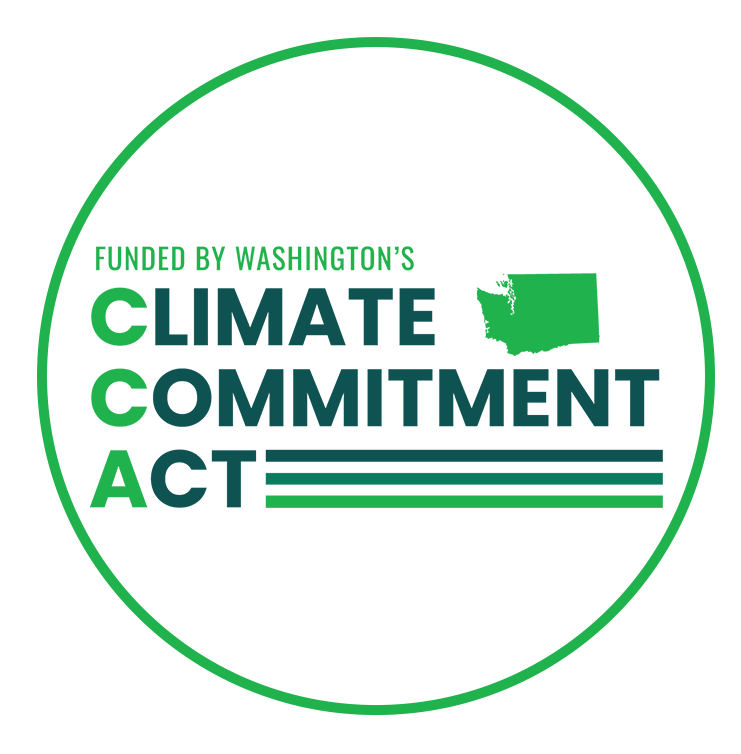Will Governor's Costly Climate Regulation Drive Manufacturing Out of Washington?
Two aluminum plants that would be covered by the Governor's proposed climate regulation announced they will be going idle due to international competition. Alcoa announced work at its plants in Ferndale and Wenatchee will be halted, costing nearly a thousand workers their jobs.
Alcoa announced the decision to re-open the plant in the future will "include a series of factors, ranging from global market conditions, regulatory certainty, capital investments, energy pricing and alignment with Alcoa’s strategy to create a globally competitive commodity business." Our state’s new, proposed carbon regulations will impact regulatory certainty and energy pricing in Washington, adding additional costs.
So, what would the Governor's new regulation cost Alcoa?
The proposed regulation is designed to meet the carbon dioxide emissions targets set out in RCW 70.235, achieving 1990 emissions levels by 2020. Based on 2013 data, that would require a reduction of about 10 percent. Since the regulation covers only about 60 percent of the state's emissions, companies like Alcoa would have to actually reduce their emissions by 16 percent to make up for those who are not regulated.
To meet those targets, Alcoa will have to pay to reduce emissions. In California, carbon permits cost about $13 per ton, annually. Above that price, emitters would simply reduce their own emissions rather than buying a permit.
Based on those calculations, Alcoa's plants are looking at an additional cost to meet the 2020 targets amounting to:
- Wenatchee - $650,000 annually
- Ferndale - $2,278,000 annually
Those costs increase as the targets become more strict beyond 2020. If the prices go up to $30 per ton, as predicted in California, those costs go up to $1.5 million annually in Wenatchee and $5.25 million annually in Ferndale.
Add those costs to the pressure from international competition and it makes it less likely the plants will re-open. Not only does that kill jobs in Washington state, it harms the environment, shifting production from the United States to China and elsewhere.
Many in the environmental community have been glib about the cost of climate regulations, simply assuming they can be absorbed. At Sightline, they complained recently that the regulatory approach doesn't go far enough, "Omitting complementary policies leaves a lot of emissions—and possibly a lot of dollars—on the table." They want the rules to be more restrictive and increase the cost, so more tax dollars go to government.
The Alcoa announcements, however, show the high cost of assuming we can keep piling taxes and regulation on top of manufacturers without paying the price. If the Governor's climate regulations are implemented, we are likely to see more such announcements.





